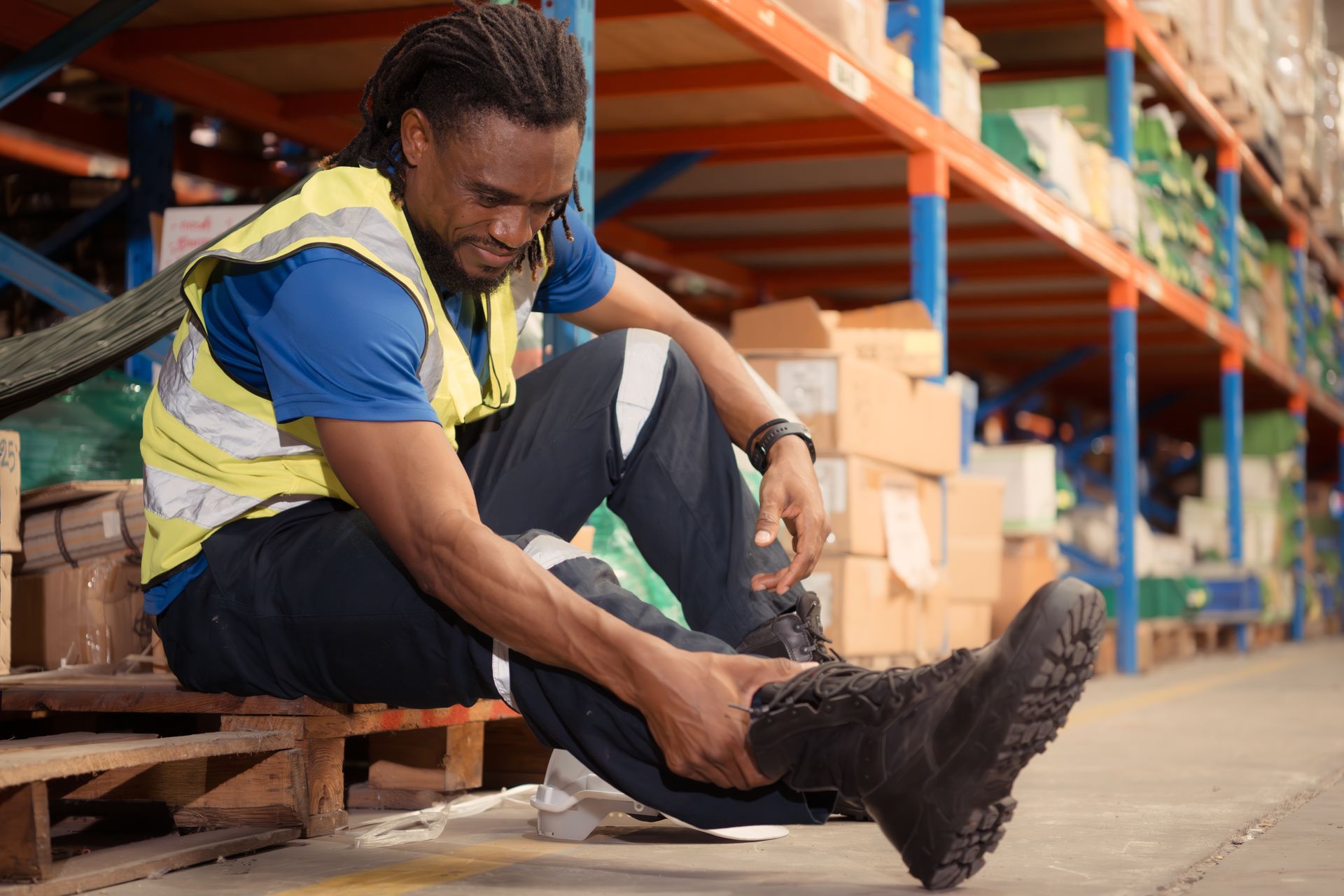The Impact of Heat on Vein Health
Summer heat means beach days, barbecues, and outdoor fun. However, for those prone to vein conditions such as spider veins or varicose veins, rising temperatures can lead to increased discomfort and symptoms. Understanding how heat affects your veins and how to protect your vein health during summer is essential for a comfortable, healthy season.
How Heat Affects Your Veins
High temperatures cause your veins to dilate (expand), allowing more blood to pool in your legs. This pooling can lead to swelling, discomfort, and a feeling of heaviness—especially in those with existing vein conditions. Prolonged exposure to heat can exacerbate symptoms of varicose veins, increasing discomfort and visible prominence.
Stay Hydrated to Support Circulation
Proper hydration is critical during the hot summer months, as dehydration can make it harder for veins to circulate efficiently. Drink plenty of water throughout the day, especially if you're active or outdoors for extended periods.
Keep a refillable water bottle handy, aiming for at least eight glasses daily, more if you're sweating significantly. Infuse water with fresh fruit or herbs if plain water isn't appealing, ensuring optimal hydration and circulation support.
Maintain Regular Physical Activity
Staying physically active helps counteract the negative effects of heat on vein health. Regular movement boosts circulation and helps your veins function efficiently. Low-impact activities like swimming, walking, and cycling are ideal, as they support vein health without causing undue stress.
Avoid exercising during peak heat hours. Instead, schedule workouts early in the morning or later in the evening when temperatures are cooler, reducing strain on your veins and enhancing overall comfort.
Wear Compression Stockings
Compression garments provide significant relief and support during hot weather. Lightweight, breathable 20-30mm compression stockings are specifically designed for summer wear, offering gentle pressure that enhances blood flow and reduces swelling.
These garments not only relieve symptoms of varicose veins but also help prevent further issues from developing. Include them in your daily summer wardrobe to protect your veins.
Keep Cool and Elevate Legs Regularly
Seek shade and cooler environments during intense heat. Cooling your body reduces vein dilation and swelling. When indoors, elevate your legs above heart level periodically throughout the day to enhance blood return to your heart and reduce discomfort from pooling blood.
At night, consider sleeping with your legs slightly elevated to further relieve symptoms and promote better circulation, ensuring you wake refreshed and comfortable.
Monitor Your Symptoms and Seek Help
Summer heat can amplify existing vein problems. If you experience increased leg swelling, pain, discomfort, or noticeable changes in your veins, consult a vein specialist promptly. Early intervention can prevent minor symptoms from progressing into significant vein issues.
Conclusion
Managing your vein health in the heat of summer requires simple, proactive steps. Stay hydrated, keep active with low-impact exercises, use breathable compression garments, stay cool, and elevate your legs to minimize discomfort and swelling. For comprehensive vein care or personalized treatment options, schedule an evaluation at The Vein Specialists. Stay comfortable and confident this summer, knowing your veins are healthy and well-protected.











